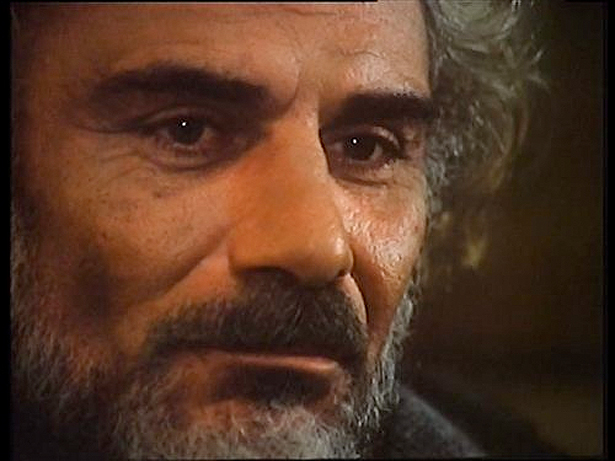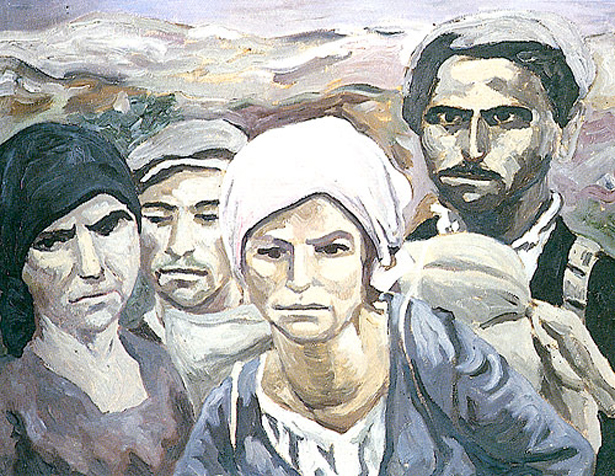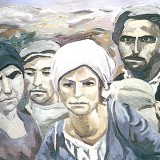In this film, Francesco Rosi tells the story of painter Carlo Levi, an anti-fascist activist that was arrested in Turin in 1935 and was sent by Mussolini to the remote town of Gagliano (invented name) – in what is known today as Basilicata.

If you ignore the historical context of this film and focus on the quaint ambiance of a small village in Basilicata, where old customs never changed in the past 3000 years – then you’re in for a remarkable journey into Italian peasantry culture.

The film vividly depicts the interactions of Levi (Gian Maria Volontè) with the locals from a perspective of an outsider, which is nicely aligned with viewers watching the film. The camera work is superb, inquisitively exploring the village and its people, while applying layered natural textures. If you look closely you’ll notice the intricate tapestry of objects and people that if paused would appear as a timeless oil painting.
I especially liked the dinner scene when Levi meets the local tax collector who vehemently shares the woes of his job collecting tax from the poor peasants. His only salvation is playing the clarinet. You can clearly identify with him and the burden of his “thankless job.” It’s a solid presentation of humanity and compassion.

Pierro Piccioni, Rosi’s long-time collaborator, provides a tantalizing soundtrack that explores the vast boundaries of the timeless existence of peasant culture compared to the modern world Levi is coming from. You can clearly feel the wide expanse of time and space and the futility in trying to bridge the two worlds. Listen to a fine sample here and you’ll hear what I mean.
In case you wondered, the film’s title “Christ Stopped at Eboli” is in fact an Italian expression to convey that old ways and belief system held by the villagers are stronger than their Christianity.


Not Sicily, Basilicata.
Thanks for the correction 🙂